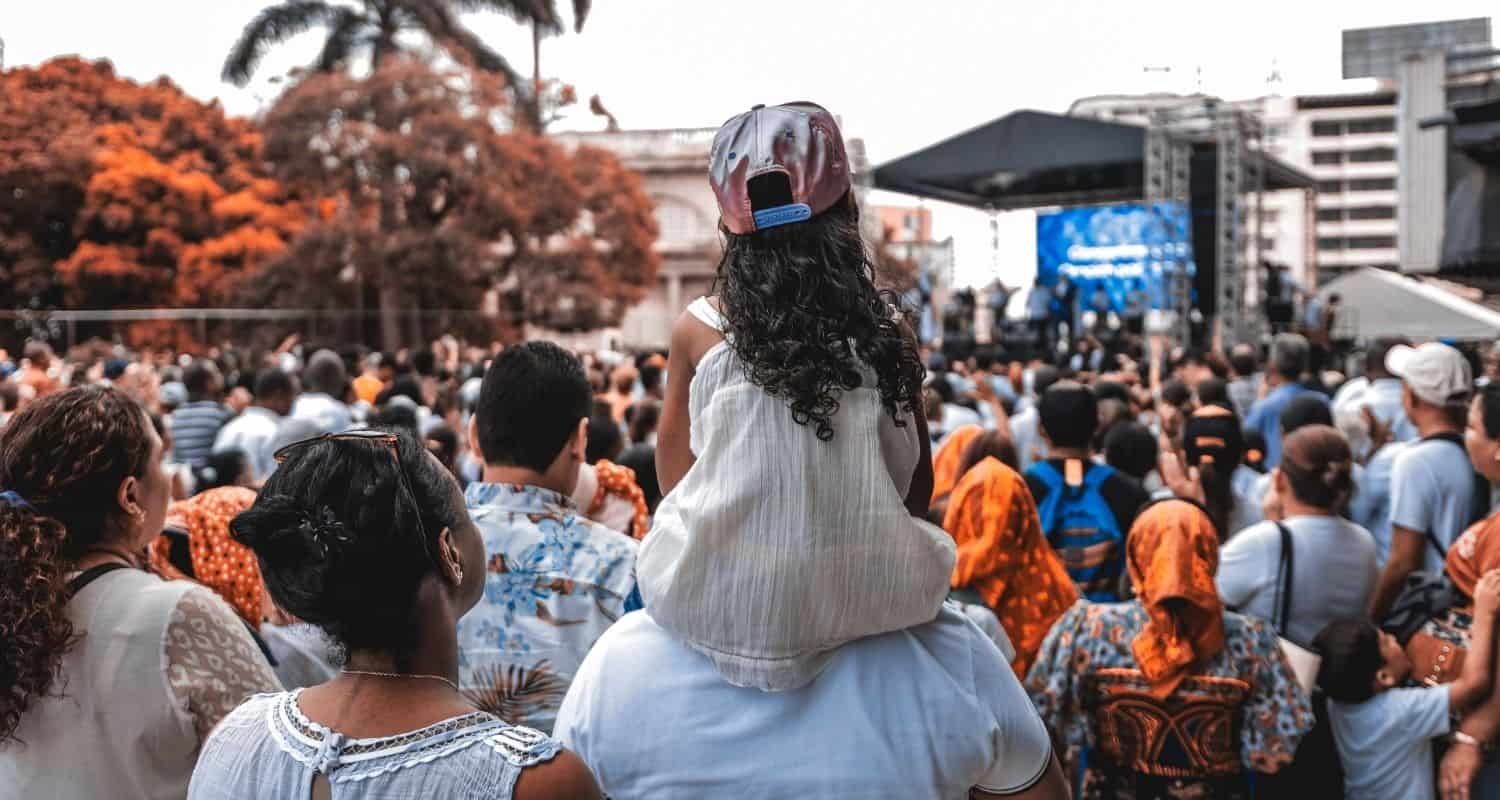
- Common Misconceptions That Delay Hearing Loss Diagnosis - June 6, 2025
- Signs Your Earwax Buildup Needs Professional Attention - May 29, 2025
- Preparing for a Hearing Test and What You Should Bring - May 16, 2025
It has been a long pandemic. Since early 2020, we’ve experienced the closing of movie theaters, restaurants, and sporting events. For music lovers, it has been an especially serious blow as music venues across the country temporarily shut down. However, with vaccines, boosters, and numbers dropping across the country as well as the severity of the majority of cases, we are also having chances to return to the live music we’ve missed so dearly. However, with this return, it’s important to make sure to protect your hearing.
The Importance of Live Music
If you’re an aficionado of live music, you know there is no replacement for it. The sense of belonging that occurs when in a room full of others all hanging on the same notes and sounds, feeling the music swell and collectively change us. Not only does music we love release endorphins improving our mood and aiding in a sense of elation, but studies have also shown that for many, the music we love defines us. with many people rating music as a defining factor ahead of hometown, politics, race, or religion. Now that we are back it’s important to remember safety as well. It’s easy to be rusty as many of us may not have attended a live concert in over two years. Don’t forget your hearing protection.
Noise-Induced Hearing Loss
Concerts can be scenarios in which you’re exposed to unhealthy levels of noise. The intensity of sound is measured in decibels and any decibel level over 85dB can start to damage your hearing. It’s not just the level of decibels but the length of exposure. The human ear can withstand 85dB for 8 hours before damage starts to occur, but as the decibels rise to 95dB the same amount of damage occurs in just under an hour.
The Inner Ear and How We Hear
Noise-induced hearing loss is caused by extreme vibrations and their effect on the inner ear. We collect sound from the outside world which is funneled down our ear canal where it passes through our eardrum and tiny bones in the form of vibrations before it reaches the cochlea. The cochlea is a tiny snail-shaped, fluid-filled organ that holds tiny hair-like cells called stereocilia. As audio waves reach the cochlea it causes the fluid within to vibrate, transferring the information to the stereocilia. The stereocilia then transform the audio signal into electrical impulses which are sent to the brain, where sounds are identified and processed. However, when we are exposed to decibel levels past 85dB for too long, it can cause the stereocilia to vibrate too violently against the wall membrane which holds them causing them to sustain damage. You may not notice it right away, but over time constant noise exposure throughout a lifetime can add up to serious and lifelong hearing loss.
Noise levels at concerts
Rock concerts can regularly reach volumes of 100 to 120 decibels. At this level, hearing can be damaged in a matter of minutes. However, most concerts average 2 to 3 hours. If you are a fan of classical music this doesn’t free you from a threat to your hearing. The swell of multiple violins, the rise of the brass section, and roaring drums can reach decibel levels enough to leave you with hearing damage.
Protecting Your Hearing
You can still enjoy your favorite live music event without damaging your hearing. You just have to play it safe. Come prepared with hearing protection, which you can wear at the concert in your ear canal or over your ear, depending on the model to lower the decibel level while still enjoying the music. Hearing protection depending on the model can lower sound between 15- 33dB. Be mindful of your hearing. Even a good pair of hearing protectors can’t completely protect you from high levels of noise. Make sure to position yourself away from the speakers and if it feels too loud to your ears, then it is too loud. Find a quieter space and be sure to take listening breaks.
Schedule a hearing consultation
If you do feel like you have some degree of hearing damage, it’s important to take it seriously. Schedule a hearing consultation today and find out what we can do for you.
